On the Revelation of Yahshua Christ, Part 4: The Churches at Ephesus and Smyrna
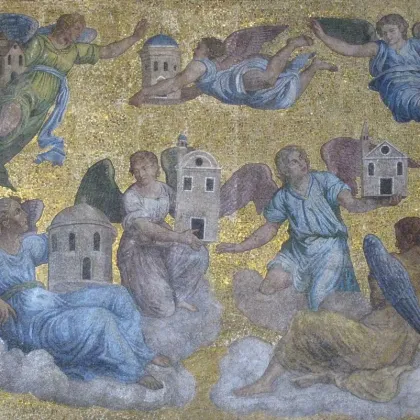
On the Revelation of Yahshua Christ, Part 4: The Churches at Ephesus and Smyrna
In our last presentation we took a long digression in order to elucidate the mistakes which the early Christian writers had made where they attempted to explain the references which Yahshua Christ had made in Revelation chapter 2 to a certain group, or class, of men whom He had called Nicolaitans. The earliest of those writers, Ignatius of Antioch, had acknowledged the existence of a group called Nicolaitans, but without explanation he referred to them as being “falsely so-called” Nicolaitans, and if they did not deserve the label then even if an actual sect existed which called themselves by that name, it could not have been the same as those to whom Christ had referred here.
Later so-called Church Fathers attributed to the Nicolaitans certain sins for which Christ had explicitly condemned Balaam and a woman whom He called Jezebel in this chapter, but Christ Himself never attributed those sins to the Nicolaitans, so the attribution cannot stand. Several others went so far as to connect these Nicolaitans to the Nicolaus of Antioch mentioned in Acts chapter 6, which is basically a slander of that particular Nicolaus. The events of Acts chapter 6 date to as early as 34 AD, and certainly happened long before 41 AD where the death of Herod Agrippa I is recorded in Acts chapter 12. We may think that if a man who was described by Luke as having been one of the early saints and leaders of the church in Judaea had broken away and began some heretical sect supposedly known to all of those early Christian writers, that Luke, as well as Peter, James and Paul along with him, most of whom must have known Nicolaus personally, would have mentioned his heresy somewhere in their writings, as they all lived and wrote for at least another 28 years. James and Paul each died about 62 AD, in different places and under different circumstances, and that is when Luke ended the records of the Book of Acts. Therefore it is highly unlikely that the Nicolaus of Acts chapter 6 had founded any heresy worthy enough to be mentioned, and even hated, by Christ here in Revelation chapter 2. Yahshua Christ must have been referring to something else.

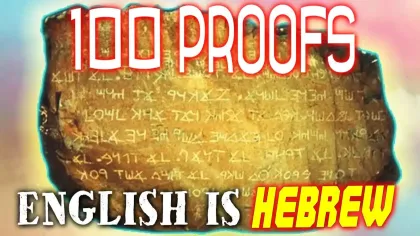
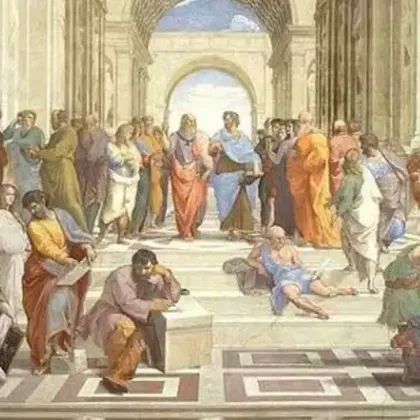
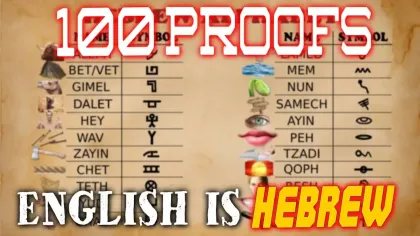
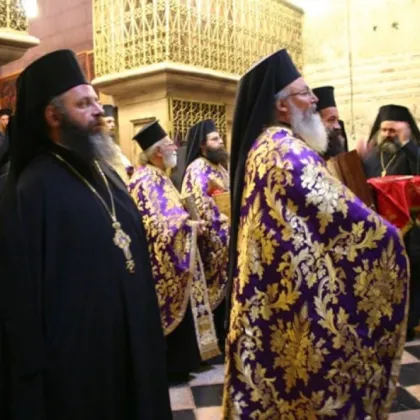




 Please click here for our mailing list sign-up page.
Please click here for our mailing list sign-up page.








Recent comments